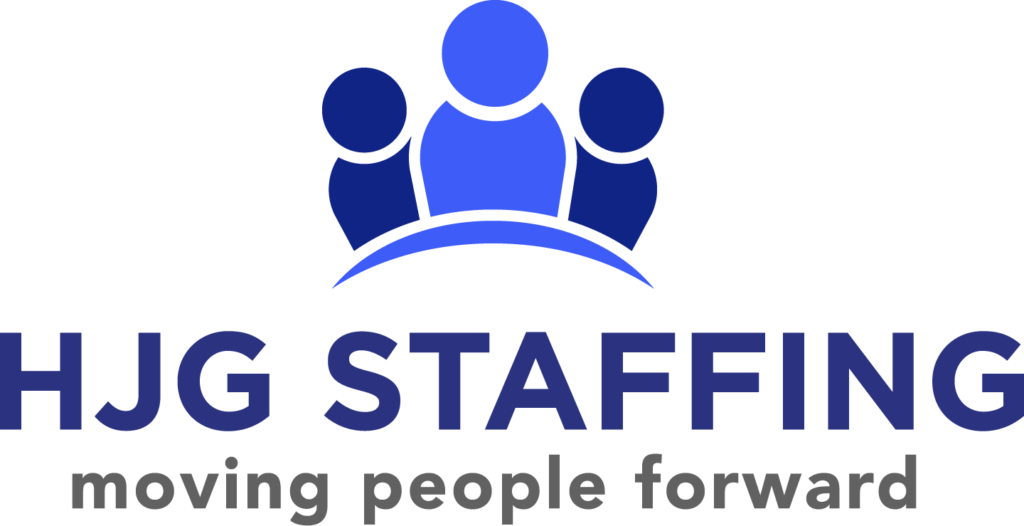No one is exempt from the woes and inevitability of failure. In fact, we were born to fail, because without failure, there is no room for learning. When a baby, attempting to walk, falls in the initial stages, we understand that this obstacle is a necessary part of the process. As we grow, the expectations and pressures of society, community, culture, etc. shape self-awareness. Therefore, failure is defined and handled differently by everyone. Being human means making mistakes. It’s what we do with those obstacles that makes a difference.
- Define It
What does failure look like to you? What does it mean to be successful?
Often, feeling like a failure can result from the messages and lessons we learned in development. The way caretakers handled failure, mistakes and obstacles could result in the way you speak to yourself today. An article written by Counseling Connect examines this further, saying, “Ultimately, children are a mirrored reflection of the life lived by their parents. If parents’ have a particular set of perceived vulnerabilities, limitations, negative self-talk, weaknesses, or negative habitual acts, then the propensity that their children will develop such negative behaviors are increased. Likewise, if parents have developed positive habits, self-talk, and perceivable strengths; their children are placed in an advantageous position to develop a positive self-esteem.”

While it can be tough to recall moments of the past, it also can be incredibly rewarding. Often, realizing that our inner critic came from someone else allows for the transformation of our self-talk. This awareness allows us to catch thoughts as they happen and redirect them.
Example:
“Of course, I forgot it was my day to carpool. I’m such an idiot.”
Reframe: I have a lot on my plate and I’m doing my best. I’ll take a moment to breathe and then look at my calendar and see how I can figure this out.
2. Look to the Greats:
While success and fame are not synonymous by any means, learning the stories and obstacles of many well-known individuals can give us perspective. Of course, different privileges can give people an advantage, and that’s important to consider.
One example is Stan Lee. According to Business Insider, “Stan Lee created his first hit comic, “The Fantastic Four,” just shy of his 39th birthday in 1961. In the next few years, he created the legendary Marvel Universe, whose characters such as Spider-Man and the X-Men became American cultural icons.”

Another example is Toni Robinson, who wrote her first novel at 40. She went on to win a Pulitzer Prize when she was 56. Looking to people and learning their stories, whether mentors, family members, or celebrities can provide insight. These stories reveal that even award-winning and multi-talented individuals faced challenges and setbacks. This can offer inspiration and motivation to continue our path.
3. Share It
This might seem counterintuitive. The last thing many of us want after failure or rejection is to go talk about it. While working through the emotions on your own is important, sharing is too. In fact, community support can invite empathy, wisdom, and encouragement during tough times.
Finding individuals, groups or communities that are trustworthy and uplifting can take time. Also, the liberty to meet in person is not accessible or preferential to everyone. The good news is there are online support groups and even discussion threads where you can interact with others and build relationships.

Dr. Brene Brown examines the topic of connection with others saying, “Vulnerability is not knowing victory or defeat, it’s understanding the necessity of both; it’s engaging. It’s being all in.” When we are vulnerable with others, we recognize what it is to be human. We share our stories and listen to the stories of others.
4. Practice Self-Care
Life, if anything, is unpredictable. Failure, mistakes, loss, and shame can feel like too much in an already heavy world. Therefore, make time for yourself and your needs.
Knowing what you need in times of distress can soften the blow. Maddie, an architect knows that after tough weeks, she needs to prioritize rest, stretching and reaching out to someone for support. These things are second nature for some, but for others self-care is a learned skill. Marcus, an Insurance Broker has learned getting out of the house into the fresh air is necessary for his stress and rejuvenation.

Self-care looks different for everyone and can be practiced in various ways. Brainstorm what truly makes you feel relaxed and recharged. The benefit of self-care is that it can also rejuvenate the energy we need to get back up and try again.
Changing perspective on what the word “failure” means can help us understand that a roadblock is not the end. It’s temporary and a learning experience. We can’t escape failure, but we do have the opportunity to reframe it. By redefining our definition success, learning the stories of others, finding genuine support and connection, and making time for self-care, we can find our way through life’s obstacles.




